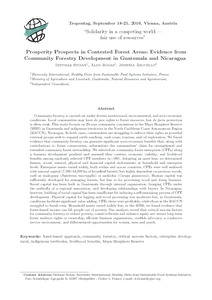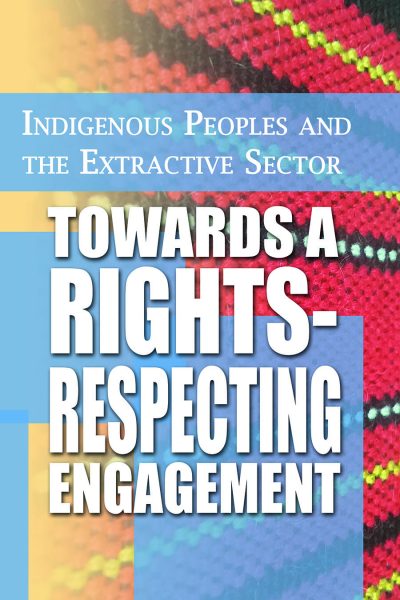The Provisions of the Panchayats (Extension to Scheduled Areas) Act, 1996
The Provisions of the Panchayats (Extension to Scheduled Areas) Act, 1996 or PESA is a law enacted by the Government of India for ensuring self governance through traditional Gram Sabhas for people living in the Scheduled Areas of India. Scheduled Areas are areas identified by the Fifth Schedule of the Constitution of India.




